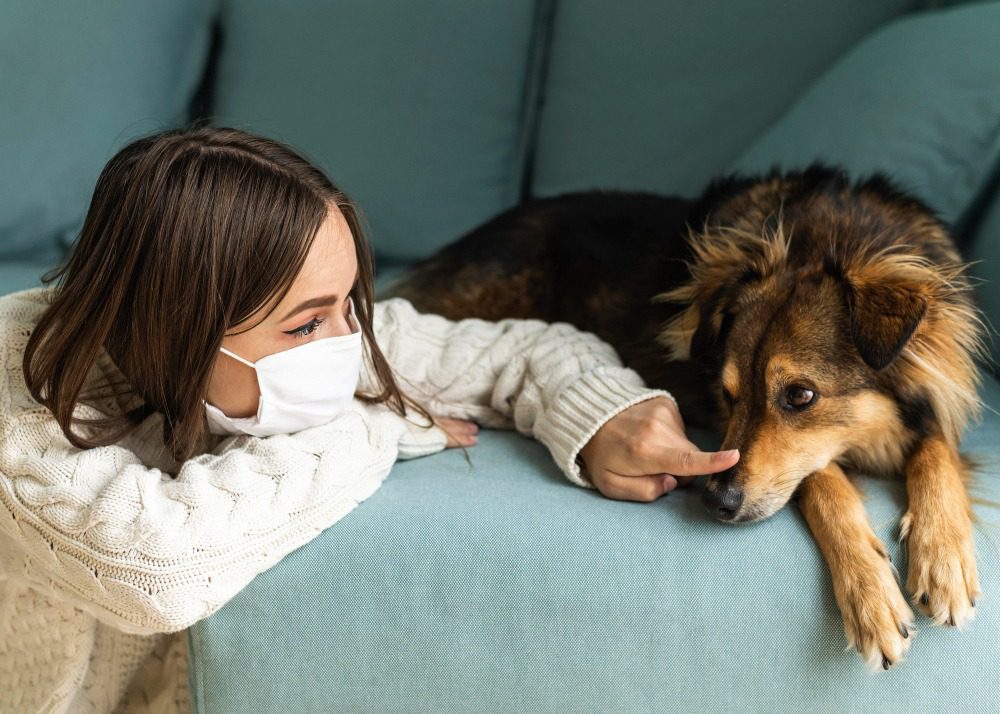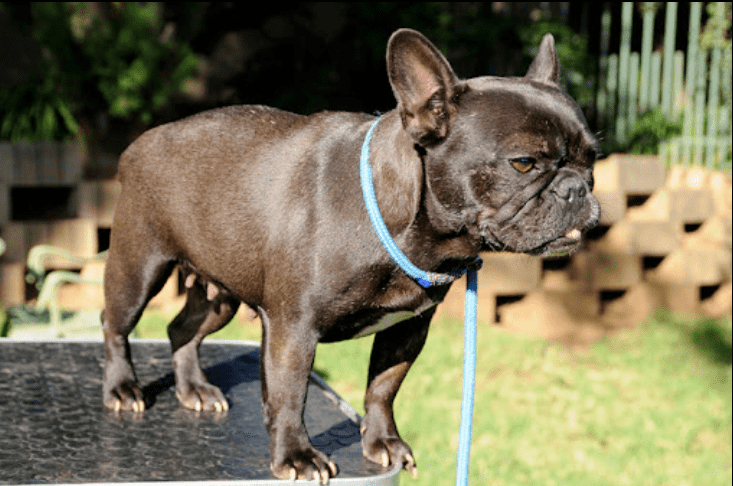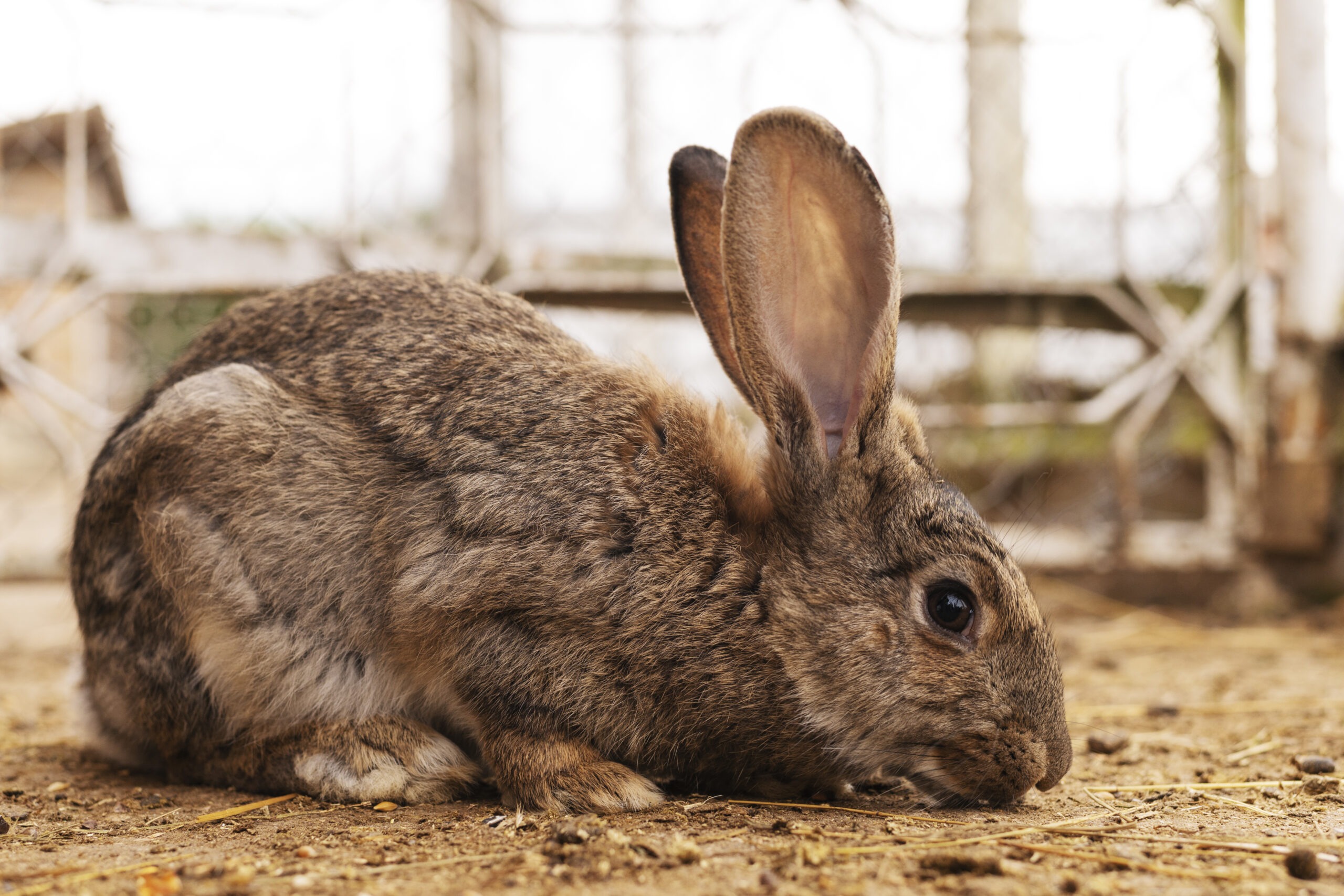Managing Pet Allergies: Causes, Symptoms, and Allergy-Friendly Pet Breeds
Pet allergies can be a challenging hurdle for individuals who long for the companionship of a furry friend. However, with a better understanding of the causes, recognition of symptoms, and knowledge of allergy-friendly pet breeds, it is possible to find a pet that can coexist harmoniously with allergy-prone individuals.
Understanding Allergies:
Allergic reactions to pets are primarily caused by proteins found in pet dander, saliva, and urine. When pets groom themselves, proteins from their saliva are deposited on their fur. Shed skin cells, known as dander, also carry these proteins. Airborne particles can transport these allergens and trigger reactions in sensitive individuals.
Symptoms of Pet Allergies:
Allergy symptoms can manifest in various ways and may include:
- Sneezing
- Runny or stuffy nose
- Itchy or watery eyes
- Coughing
- Wheezing or shortness of breath
- Skin rashes or hives
- Nasal congestion
In severe cases, pet allergies can lead to asthma exacerbation, particularly in those already diagnosed with the condition.
Allergy-Friendly Pet Breeds:
For individuals who are set on having a pet despite allergies, several breeds are considered more allergy-friendly. These breeds typically produce fewer allergens and include:
- Poodle: Poodles have hair rather than fur and shed less dander, making them a popular choice for allergy-prone individuals.
- Bichon Frise: These small, curly-coated dogs tend to produce fewer allergens, and their regular grooming helps minimize the spread of allergens.
- Sphynx Cat: Being hairless, Sphynx cats don’t shed fur, and their dander is easier to manage.
- Devon Rex: With their short, curly fur, Devon Rex cats may be a suitable choice for those with mild allergies.
Management Strategies:
To successfully manage pet allergies, consider the following strategies:
- Maintain a Clean Living Environment: Regular cleaning, including vacuuming, washing pet bedding, and using air purifiers, can help minimize allergen exposure.
- Regular Grooming: Frequent grooming and bathing of your pet can reduce dander and allergen levels.
- Consult an Allergist: If allergy symptoms persist, consult an allergist for personalized advice and treatment options, such as allergy medications or immunotherapy.
While pet allergies can pose challenges, they need not stand in the way of enjoying the companionship of a beloved pet. By understanding the causes, recognizing symptoms, and exploring allergy-friendly breeds, individuals with allergies can find the perfect pet to share their lives with while managing their allergies effectively.



















